Electric vehicles (EVs) are not just the future—they are the present. With the world swiftly moving towards sustainable transportation options, EVs are becoming more prevalent in our daily lives. As this shift occurs, institutions from universities to research facilities are recognizing the critical need to adapt. Establishing an EV lab is not only a step toward innovation but a necessary move to stay ahead in technology and education. Here’s why every institution should consider setting up an EV lab by 2026.
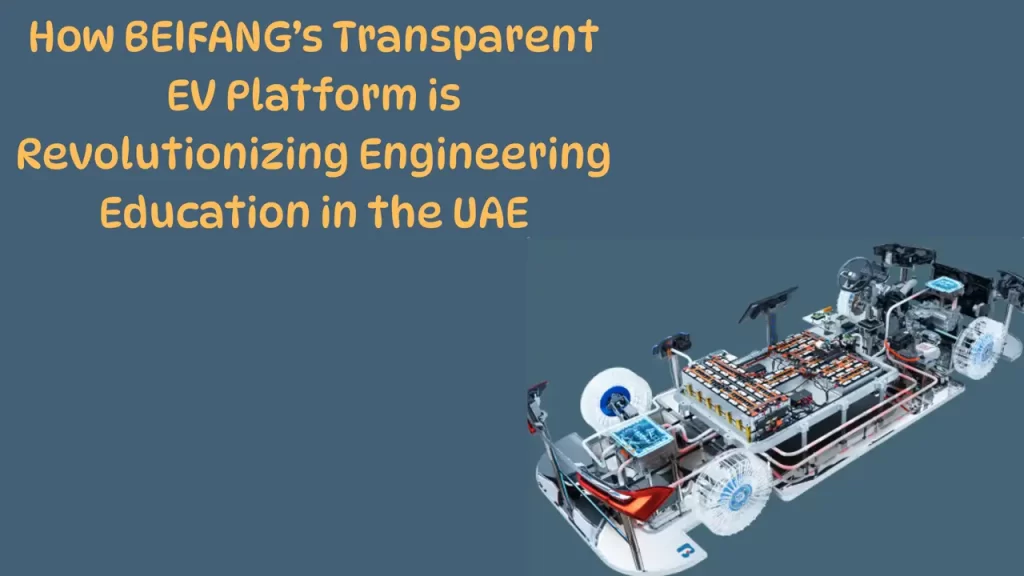
1. Fostering Innovation and Research
EV labs serve as innovation hubs where students and researchers can dive into cutting-edge technologies. They provide the tools and environment needed to experiment with EV systems, fostering advancements in battery technology, vehicle design, and energy management.
In these labs, the exploration of new materials for batteries and the development of efficient charging techniques are not only encouraged but facilitated with state-of-the-art equipment. By providing access to advanced simulators and high-voltage training modules, institutions enable hands-on experimentation, allowing theoretical concepts to be tested and refined in a practical setting. Such environments are pivotal in propelling students and faculty alike into areas of research that can make a tangible difference in the world of electric vehicles.
2. Preparing Students for Emerging Careers
With the rapid rise of the electric vehicle industry, there is a growing demand for skilled professionals. An EV lab equips students with hands-on experience, making them more competitive in the job market and preparing them for diverse career paths in automotive engineering, environmental science, and more.
These labs offer students the opportunity to engage directly with the technologies that will define the future of transportation. By training on real-world EV systems, students learn to handle the complexities of electric propulsion, energy conversion, and system diagnostics. This type of education goes beyond traditional classroom learning, fostering a skill set that directly aligns with what the evolving market demands.
3. Contributing to Sustainable Development Goals
By focusing on electric vehicles, institutions contribute directly to sustainability initiatives. EV labs promote the understanding and development of cleaner transportation solutions, aligning with global efforts to reduce carbon emissions and combat climate change.
Institutions with EV labs align themselves with Vision 2030 Saudi and similar global sustainability frameworks. By integrating courses and research focused on sustainable transport, they are actively participating in reducing reliance on fossil fuels and promoting greener alternatives. This not only aids in environmental protection but also positions the institution as a proactive participant in global sustainability goals.
4. Enhancing Institutional Prestige and Attracting Talent
Having an EV lab places institutions on the map for innovation and sustainability, attracting top-tier talent and creating partnerships with industry leaders. It establishes the institution as a trailblazer in technology, appealing to prospective students, faculty, and funding opportunities.
The presence of an EV lab signifies a commitment to forward-thinking education. It becomes an attractive feature for prospective students who are eager to be part of an institution that offers access to the latest in technology and innovation. Moreover, potential faculty members who are leaders in their field may be more inclined to join an institution where they can continue to develop and impart their knowledge. This cycle of attraction translates into enhanced academic prestige and increased opportunities for collaboration and research funding.
5. Driving Community Engagement and Awareness
EV labs can play a pivotal role in community outreach by hosting workshops and events that raise awareness about the benefits of electric vehicles. They serve as a platform to educate the broader public on sustainable transportation and inspire local initiatives.
Through these community-centric efforts, institutions not only educate but also empower individuals and community groups to support and advocate for sustainable practices. Activities such as open lab days, educational workshops, and interactive demonstrations demystify electric vehicle technologies, encouraging broader acceptance and understanding. By acting as a conduit for AR/VR-based educational tools, these labs extend their impact beyond campus borders, fostering a more environmentally conscious community.
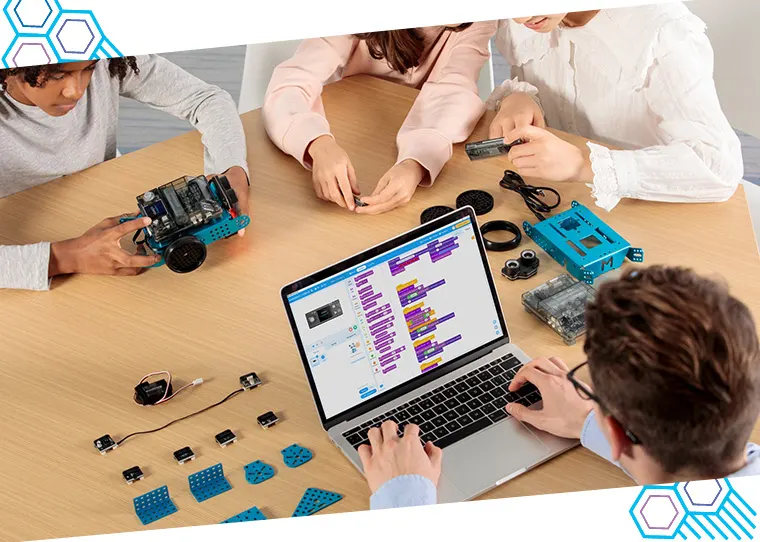


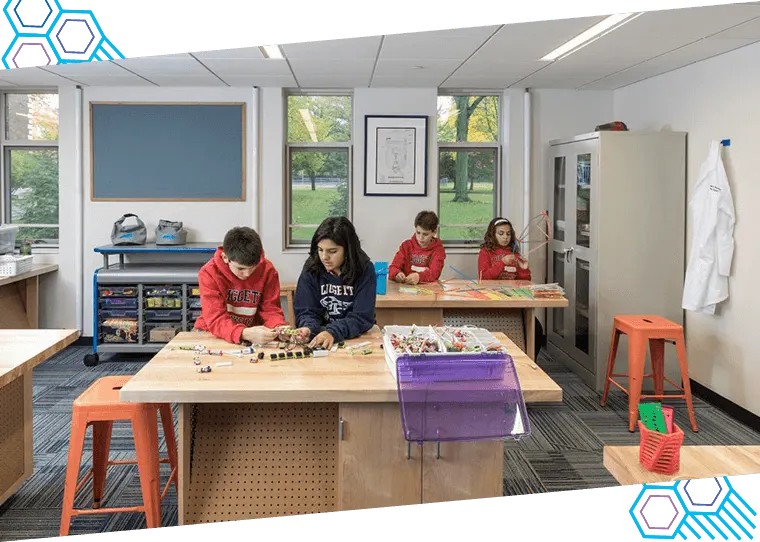




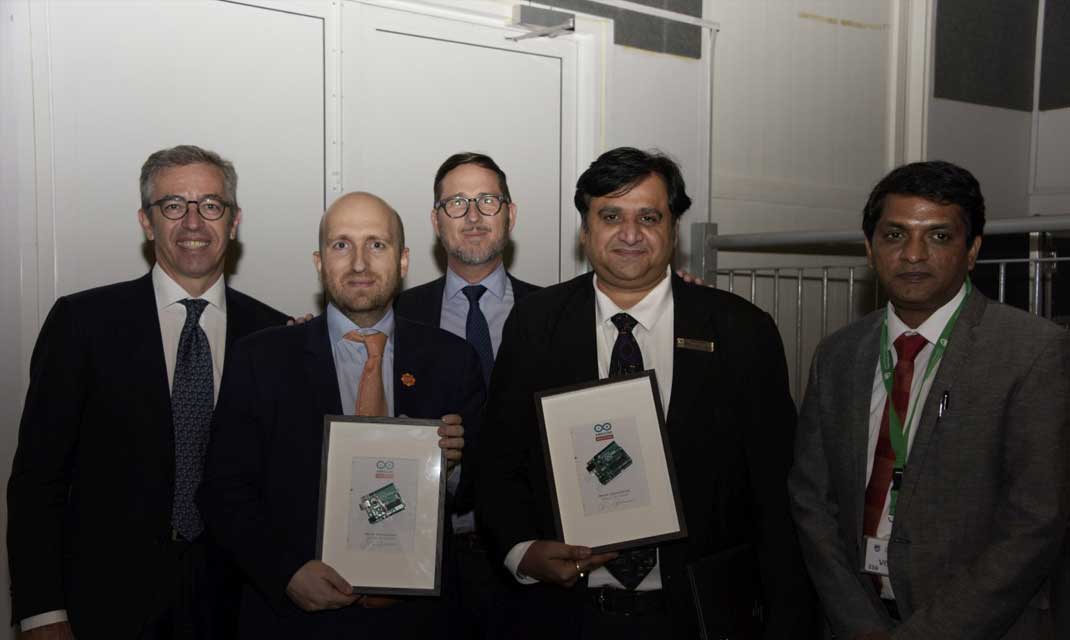
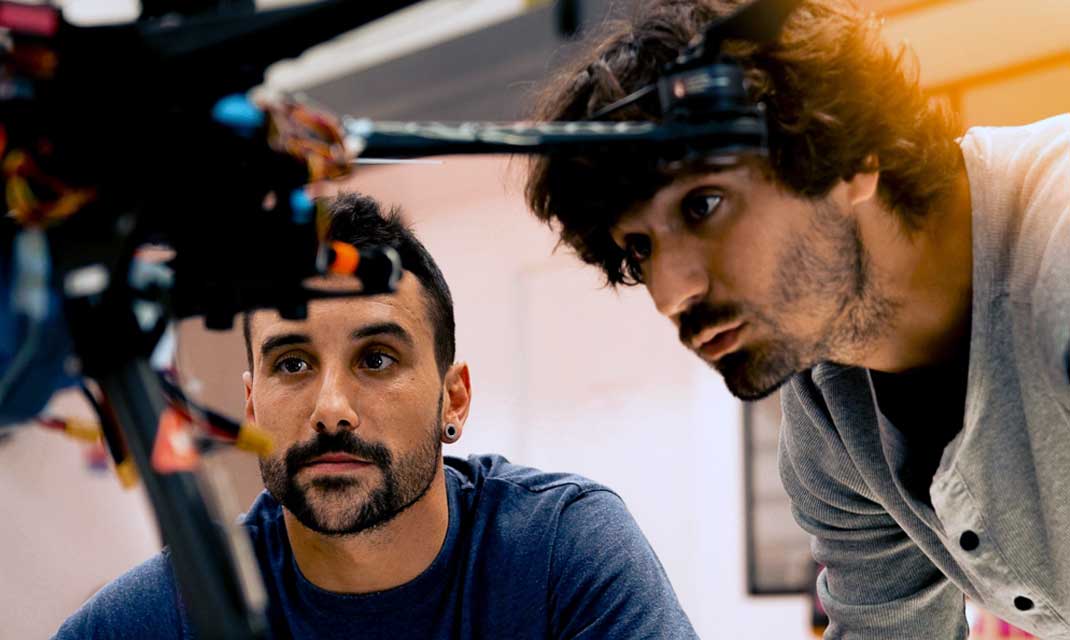
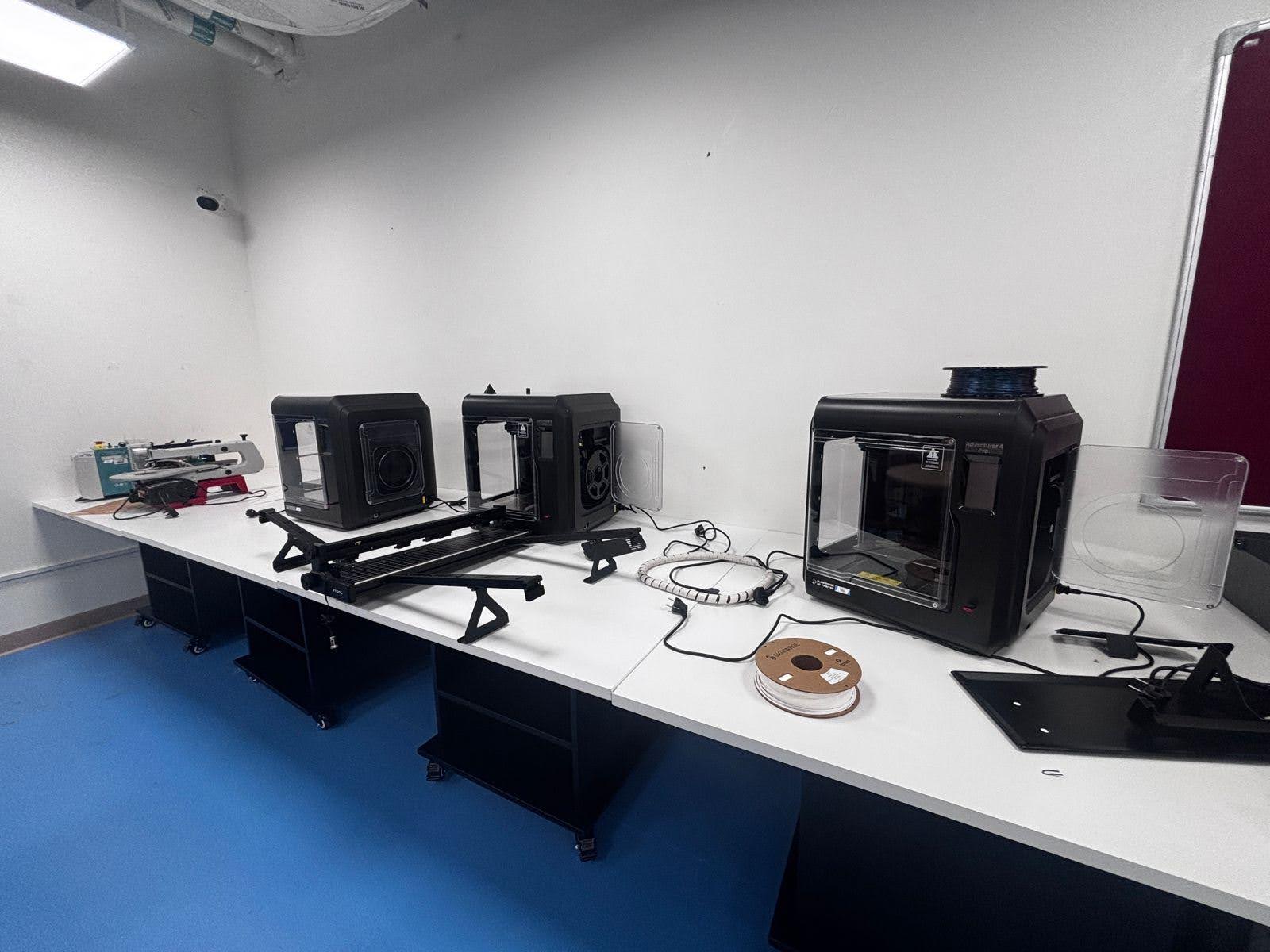

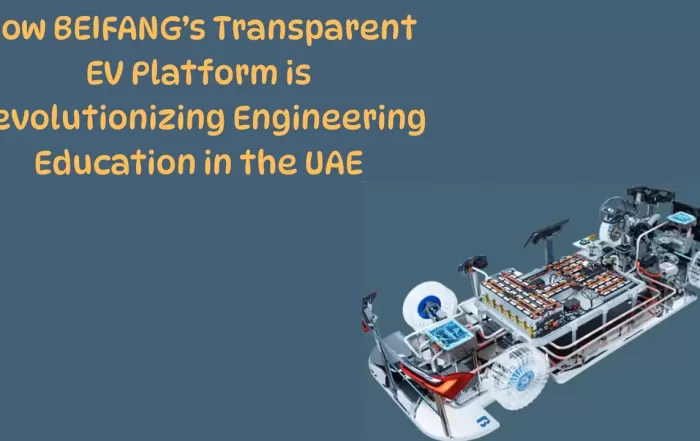




No comment